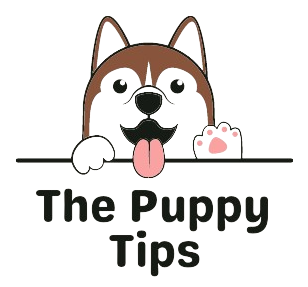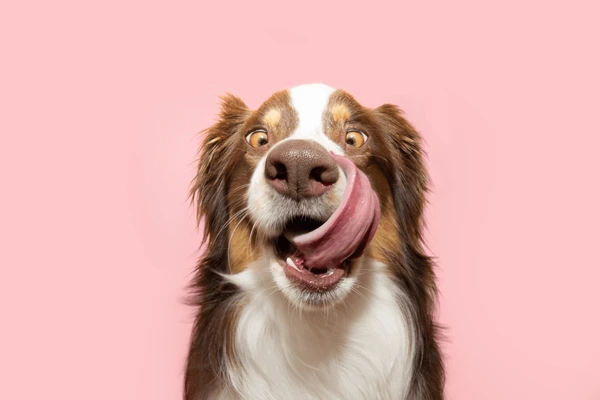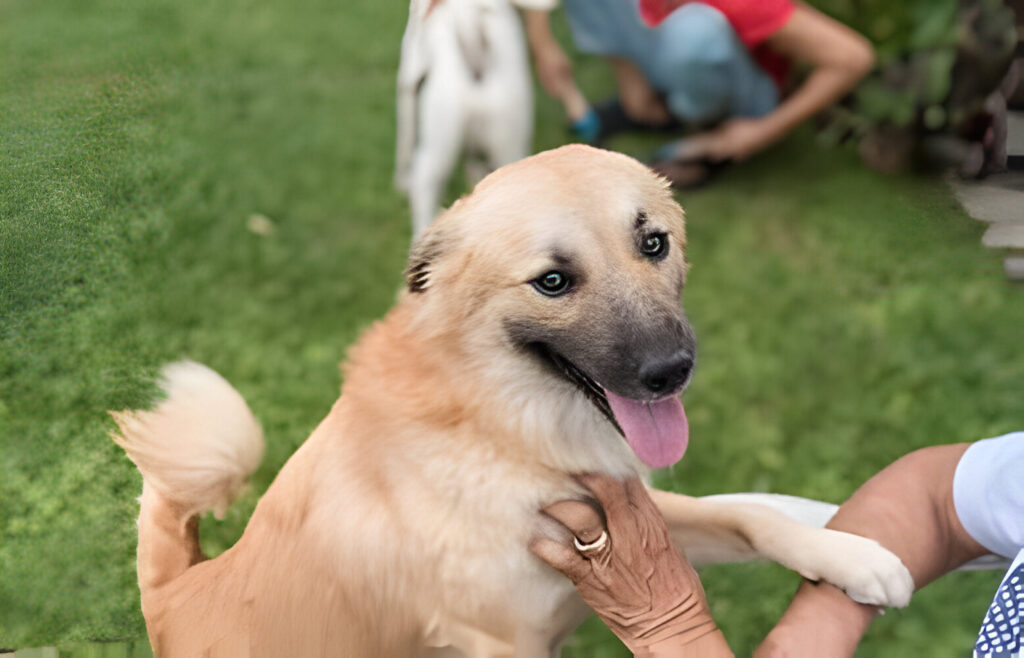
If you’ve ever asked yourself, “Why does my dog get excited when I come home?” you’re not alone. Many dog owners observe this joyous behavior and wonder about its underlying causes. This blog post will explore the various factors contributing to your dog’s excitement when you return home, providing insights into their natural instincts, emotional bonds, and learned behaviors.
Why Does My Dog Get Excited When I Come Home?
Natural Instincts and Pack Behavior
1. Pack Mentality
Dogs are descendants of wolves, which are pack animals. In a pack, members greet each other enthusiastically after being apart, strengthening social bonds. Your dog views you as a member of their pack and instinctively greets you with excitement, reinforcing their bond with you.
2. Territory and Safety
Dogs are territorial animals. When you return home, it reassures them that their pack is intact and their territory is safe. This sense of security and the natural instinct to protect and be protected by their pack members can lead to heightened excitement.
Emotional Bonds and Attachment
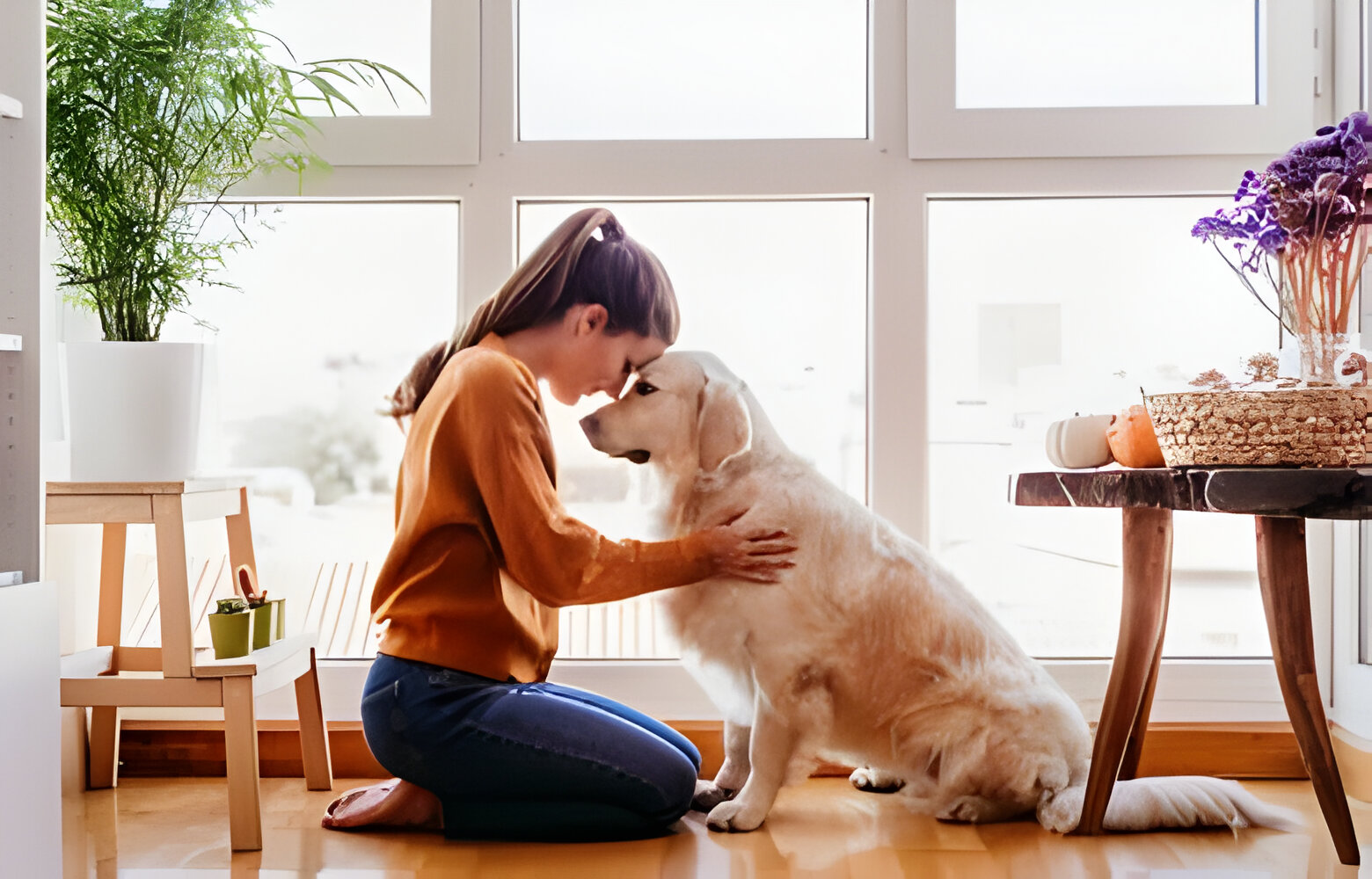
1. Unconditional Love
Dogs form strong emotional bonds with their owners. Your return is the highlight of their day, and their excitement is a genuine expression of love and happiness. This unconditional love and loyalty are at the heart of their exuberant greetings.
2. Separation Anxiety Relief
Many dogs experience mild separation anxiety when their owners are away. Your return alleviates their anxiety, leading to a burst of joy and excitement. This emotional release is a natural response to the stress of being separated from their beloved owner.
Learned Behaviors and Positive Reinforcement
1. Routine and Anticipation
Dogs thrive on routine and can quickly learn to anticipate your arrival. If your dog receives attention, treats, or playtime upon your return, they will associate your homecoming with positive experiences. This learned behavior reinforces their excitement each time you come home.
2. Social Cues and Body Language
Dogs are highly attuned to their owners’ body language and social cues. They can sense your excitement and happiness when you come home, which amplifies their own excitement. This mirroring of emotions strengthens your bond and creates a feedback loop of mutual joy.
Practical Tips for Managing Your Dog’s Excitement
1. Calm Greetings
To help manage your dog’s excitement, try to greet them calmly. Avoid excessive excitement or high-pitched voices, as this can escalate their behavior. Instead, calmly pet them and speak in a soothing tone to reinforce calmness.
2. Consistent Routine
Maintaining a consistent routine can help your dog manage their excitement. Set regular times for feeding, walks, and play, so your dog knows what to expect. This predictability can reduce anxiety and help your dog stay calm.
3. Positive Reinforcement
Reward your dog for calm behavior. When you come home, wait until your dog is calm before giving them attention or treats. This teaches them that calm behavior is rewarded, helping to reduce over-excitement over time.
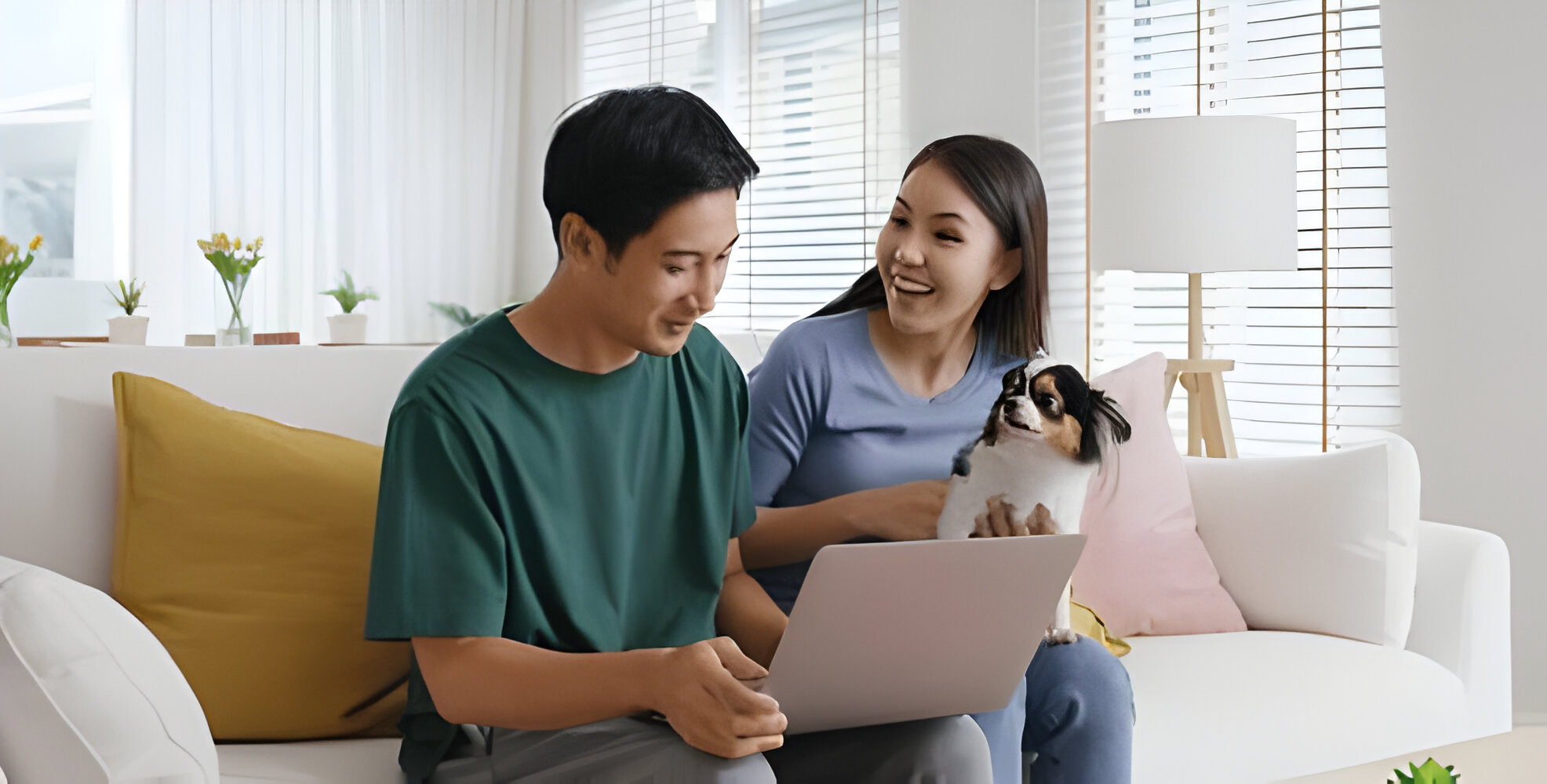
Why Does My Dog Get Excited When I Come Home? Examining the Science
1. Oxytocin Release
Research has shown that both dogs and their owners experience a release of oxytocin, the “love hormone,” during positive interactions. When you come home and greet your dog, this hormone is released, fostering feelings of love and bonding. This physiological response contributes to your dog’s excitement.
2. Smell and Memory
Dogs have an incredible sense of smell and strong associative memories. They can recognize your scent from a distance and anticipate your return. This olfactory recognition triggers positive memories and emotions, leading to excitement when they detect your scent approaching.
Addressing Excessive Excitement
1. Training and Behavior Modification
If your dog’s excitement becomes overwhelming or problematic, consider training and behavior modification techniques. Teaching your dog commands like “sit” and “stay” can help manage their behavior. Rewarding calm behavior and gradually increasing the time they stay calm can be effective strategies.
2. Professional Help
For dogs with severe separation anxiety or excessive excitement, seeking help from a professional dog trainer or behaviorist can be beneficial. These experts can provide tailored advice and training plans to address specific issues.
FAQs About Why Does My Dog Get Excited When I Come Home?
1. Why does my dog get excited when I come home?
Dogs get excited when you come home due to their natural pack instincts, strong emotional bonds with you, anticipation of daily activities, and positive reinforcement from previous experiences.
2. What natural instincts cause my dog to be excited when I return?
Dogs have inherent pack behaviors inherited from their wolf ancestors. In a pack, members greet each other enthusiastically after being apart, strengthening social bonds. Your dog sees you as part of their pack and instinctively greets you with excitement.
3. How does my dog’s sense of territory play a role in their excitement?
Dogs are territorial animals. When you return home, it reassures them that their pack is intact and their territory is safe. This sense of security and the natural instinct to protect and be protected by their pack members can lead to heightened excitement.
4. Why is my dog’s excitement a sign of their emotional bond with me?
Dogs form strong emotional bonds with their owners. Your return is the highlight of their day, and their excitement is a genuine expression of love and happiness. This unconditional love and loyalty are at the heart of their exuberant greetings.
5. How does separation anxiety affect my dog’s behavior when I come home?
Many dogs experience mild separation anxiety when their owners are away. Your return alleviates their anxiety, leading to a burst of joy and excitement. This emotional release is a natural response to the stress of being separated from their beloved owner.
6. Can routine and anticipation influence my dog’s excitement levels?
Yes, dogs thrive on routine and can quickly learn to anticipate your arrival. If your dog receives attention, treats, or playtime upon your return, they will associate your homecoming with positive experiences, reinforcing their excitement each time you come home.
7. How do social cues and body language contribute to my dog’s excitement?
Dogs are highly attuned to their owners’ body language and social cues. They can sense your excitement and happiness when you come home, which amplifies their own excitement. This mirroring of emotions strengthens your bond and creates a feedback loop of mutual joy.
8. What are some practical tips for managing my dog’s excitement when I come home?
To manage your dog’s excitement, try greeting them calmly, maintaining a consistent routine, and using positive reinforcement. Calmly pet your dog and speak in a soothing tone to reinforce calmness. Reward your dog for calm behavior and wait until they are calm before giving them attention or treats.
9. How does oxytocin release affect my dog’s excitement?
Research shows that both dogs and their owners experience a release of oxytocin, the “love hormone,” during positive interactions. When you come home and greet your dog, this hormone is released, fostering feelings of love and bonding, contributing to your dog’s excitement.
10. What should I do if my dog’s excitement becomes overwhelming?
If your dog’s excitement becomes overwhelming, consider training and behavior modification techniques. Teaching commands like “sit” and “stay” can help manage their behavior. For severe cases, seeking help from a professional dog trainer or behaviorist can provide tailored advice and training plans to address specific issues.
Final Thoughts
So, why does my dog get excited when I come home? The reasons are multifaceted, including natural pack instincts, emotional bonds, learned behaviors, and physiological responses. Understanding these factors can help you appreciate your dog’s excitement and manage it effectively. By maintaining a calm greeting, consistent routine, and positive reinforcement, you can ensure a happy and balanced relationship with your furry friend. Embrace your dog’s excitement as a testament to their love and loyalty, making every homecoming a joyous occasion.
Recognizing the deep bond you share with your dog can enhance your relationship and improve their well-being. Remember, your dog’s excitement is a reflection of their love and attachment to you, so cherish these moments and foster a healthy, happy connection with your beloved pet.
